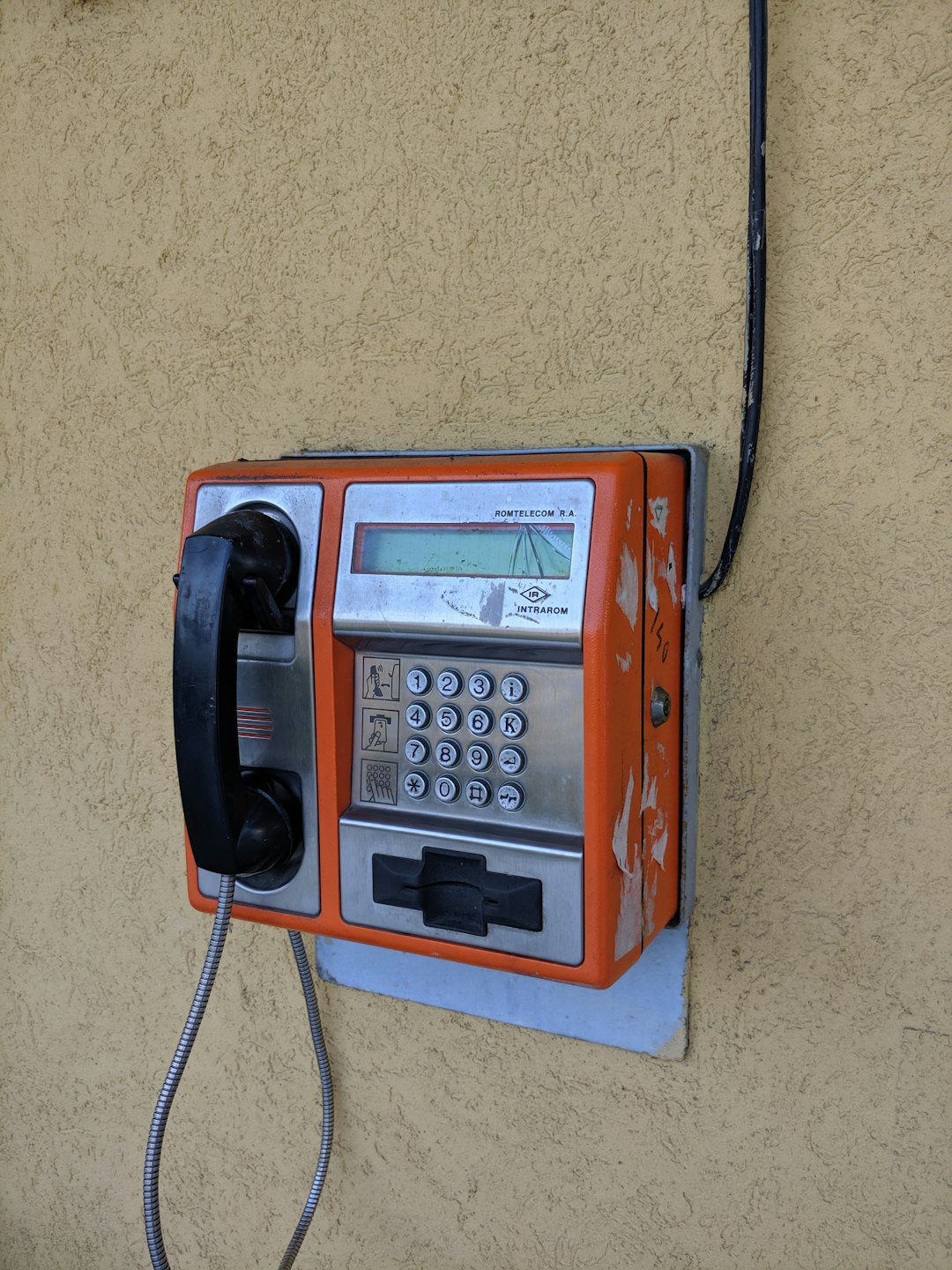Bozeman, Montana businesses face increasing challenges from robocalls, mainly from law firms and telemarketers, impacting operations and customer experiences. With strict regulations like the TCPA and TSR, companies must implement effective call blocking strategies to avoid fines and protect client relationships. By leveraging advanced phone system software, updating systems regularly, and training employees to recognize and report robocalls, businesses can safeguard their Montana operations from unwanted automated calls, especially from local robocall law firms.
“In the dynamic business landscape of Bozeman, Montana, staying ahead of emerging threats is paramount. One such challenge is the surge in robocalls, which not only disrupt operations but also pose legal risks under Montana’s strict robocall laws. This article equips businesses with essential strategies to combat this issue. We explore the impact of robocalls on local enterprises, delve into the legal framework surrounding them, and provide actionable tips for implementation. Additionally, discover best practices for employee training to create a robust defense against these automated intrusions.”
Understanding Robocalls and Their Impact on Businesses in Bozeman

In the digital age, businesses in Bozeman, like many across Montana, are increasingly facing a new challenge—robocalls. These automated phone calls, often from law firms or telemarketers, can disrupt operations and impact customer experiences. What makes robocalls particularly problematic is their volume; they can inundate phone lines, making it difficult for legitimate businesses to reach clients. Moreover, as privacy laws evolve, such as the Telemarketing Sales Rule (TSR) enforced by the Federal Trade Commission (FTC), businesses must now adhere to stricter guidelines when contacting consumers, further complicating the situation.
The impact of robocalls on Bozeman businesses can be significant. Unwanted calls lead to decreased productivity among staff who have to handle or block them. For customer-facing businesses, it can also damage relationships with clients who feel intruded upon by persistent automated messages. As such, it’s crucial for local companies to implement strategies to combat robocalls and ensure they remain compliant with relevant laws, like the TSR, which prohibits certain types of robocalls without prior express consent from recipients.
Legal Requirements for Robocall Prevention in Montana

In Montana, businesses must adhere to strict regulations regarding robocalls to protect consumers from unwanted and deceptive telemarketing practices. The Telephone Consumer Protection Act (TCPA) is a federal law that applies across all states, including Montana, and it imposes significant restrictions on automated telephone marketing. This legislation requires clear consent from recipients before businesses can initiate prerecorded or artificial voice messages en masse.
Additionally, Montana’s consumer protection laws further strengthen the rights of individuals to prevent robocalls. Businesses operating in Bozeman must ensure they have implemented robust systems to block, filter, and monitor outbound calls, especially those made through automated means. By complying with these legal requirements, businesses can avoid hefty fines and maintain a positive reputation as responsible corporate citizens.
Implementing Effective Robocall Blocking Strategies

Implementing effective robocall blocking strategies is a crucial step for businesses in Bozeman to protect their operations and clients from unwanted automated calls, especially those from law firms in Montana seeking to promote their services or gather leads. One of the primary methods involves utilizing robust phone system software that can identify and block robocalls at the network level. This technology uses advanced algorithms to analyze call patterns and detect automated dialing campaigns, swiftly discarding them before they reach their intended recipients.
Additionally, businesses should educate employees about recognizing and responding to robocalls. Training staff to hang up immediately upon receiving a suspected robocall can significantly reduce the risk of accidental interactions with these calls. Keeping phone systems and software updated with the latest robocall-blocking features is also essential, as new technologies and techniques are continually emerging in the world of automated calling.
Best Practices for Training Employees on Robocall Awareness

Training employees is a critical aspect of combating robocalls, especially for businesses in Bozeman navigating the legal landscape of Montana. Start by educating your team on the nature and prevalence of automated phone calls, highlighting their potential to violate consumer privacy laws enforced by Montana’s Attorney General. Encourage open communication where employees feel comfortable reporting suspicious calls without fear of reprisal.
Implement regular workshops or webinars focused on robocall awareness, covering identifying red flags like pre-recorded messages, pressure tactics, and unexpected calls. Train staff to verify caller identity through official channels, such as calling back the number listed on the call display. Additionally, familiarize your team with blocking and reporting tools available through telephone service providers and apps designed to combat robocalls.






